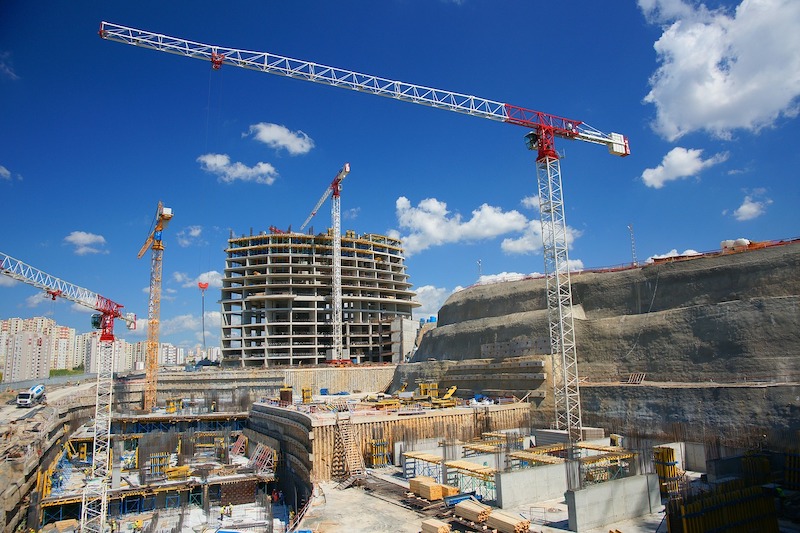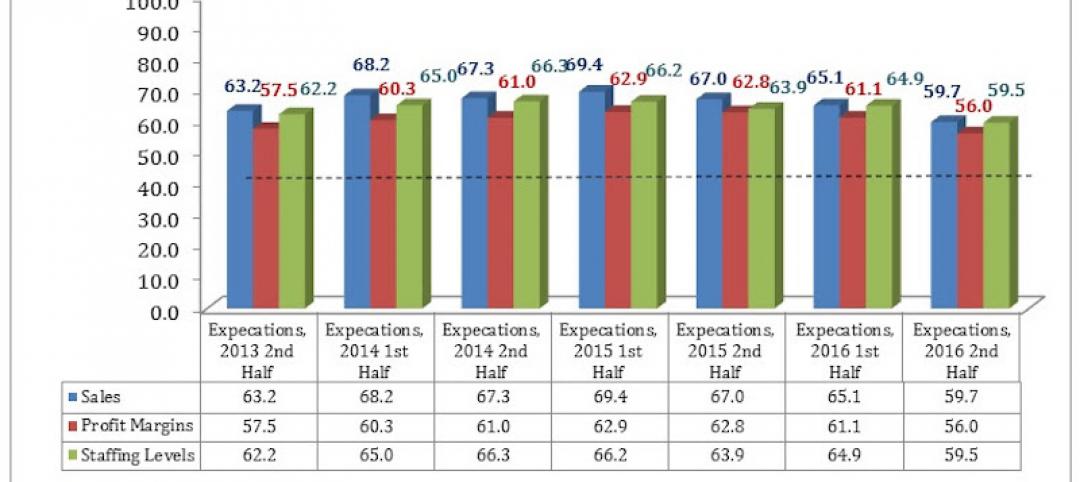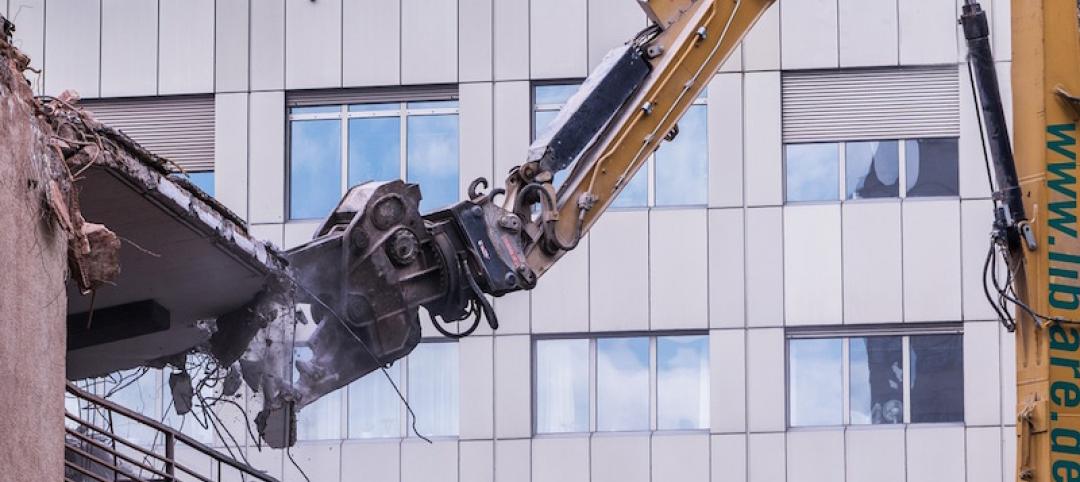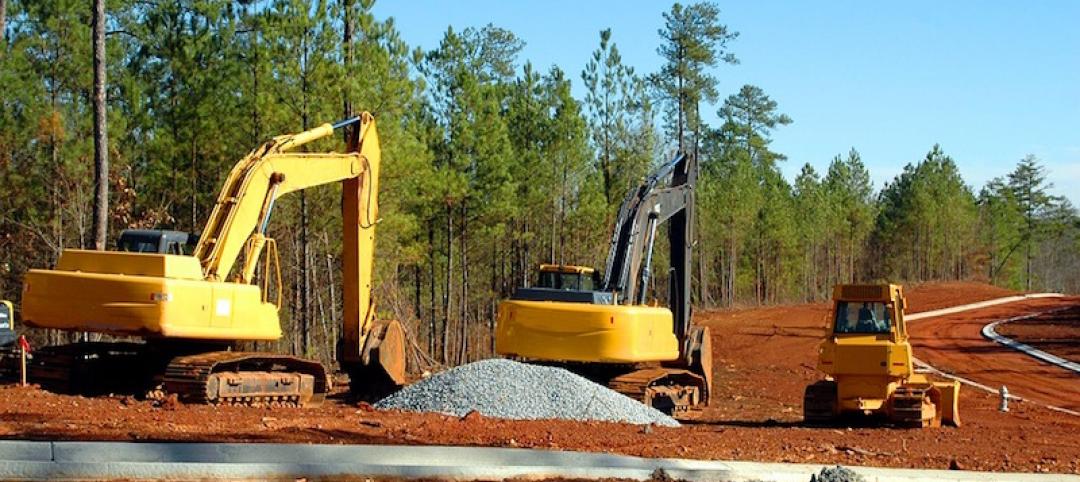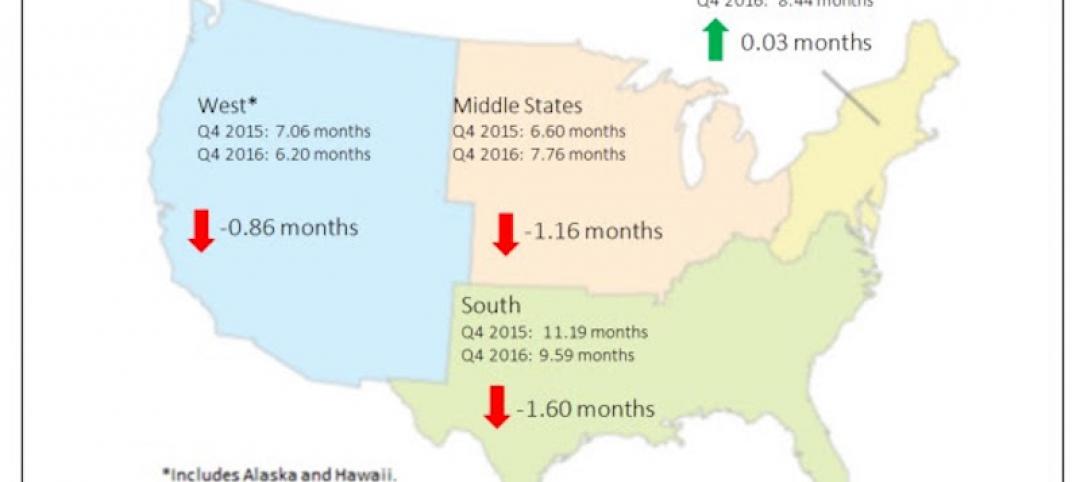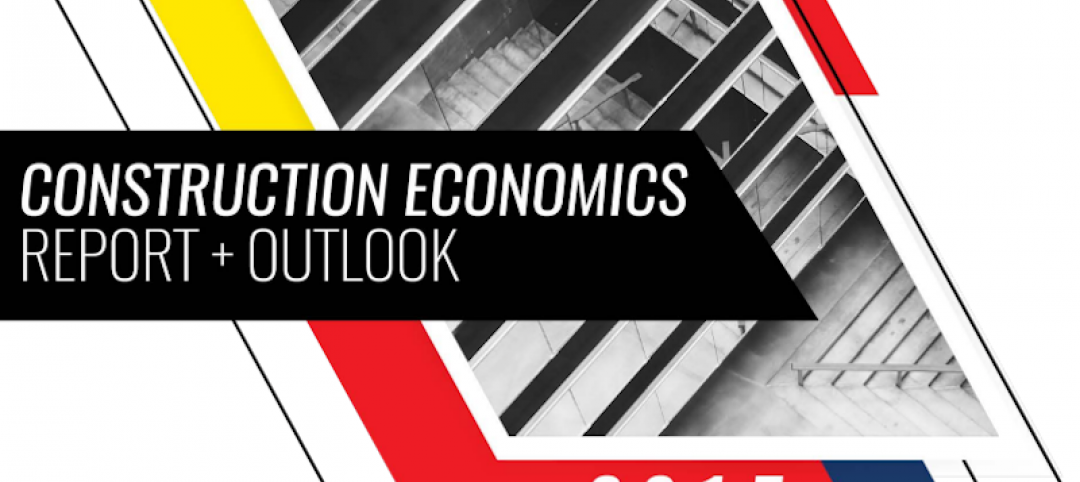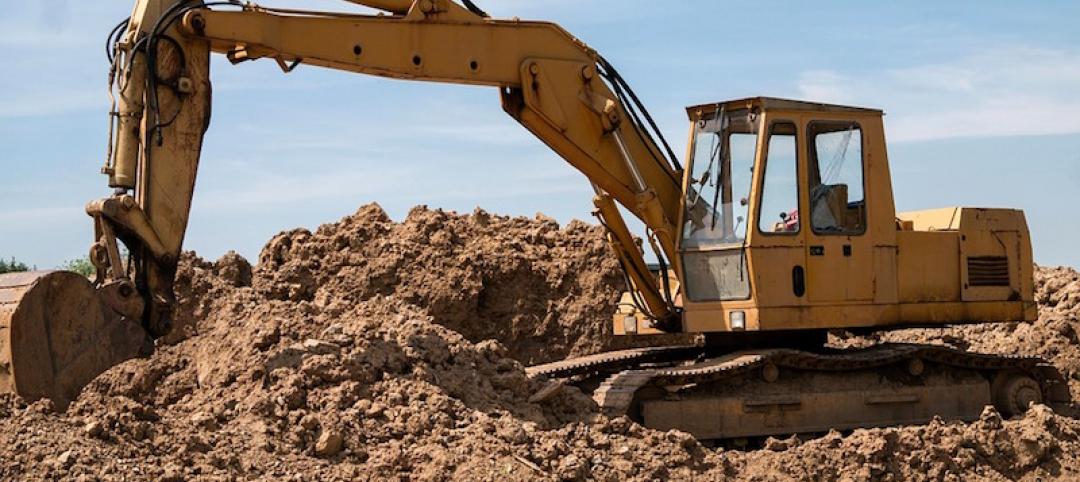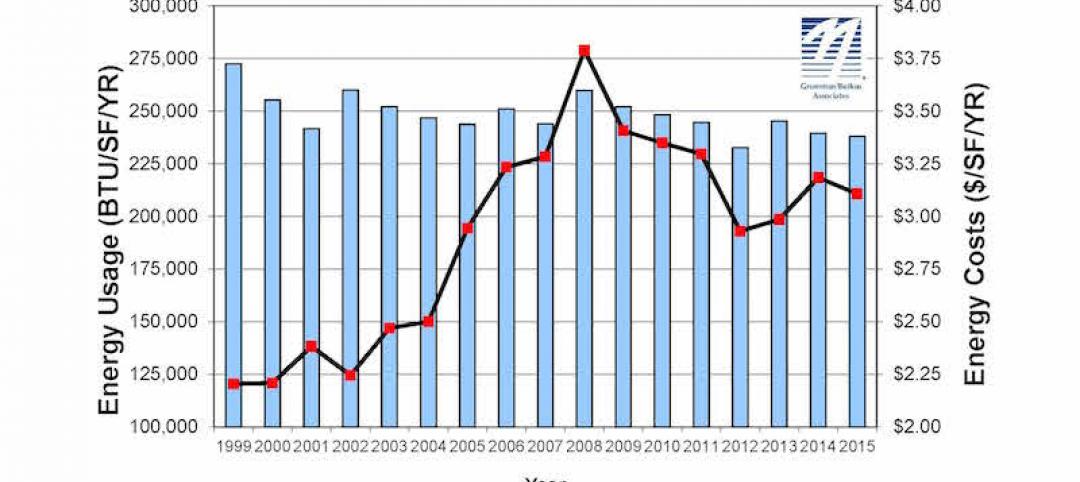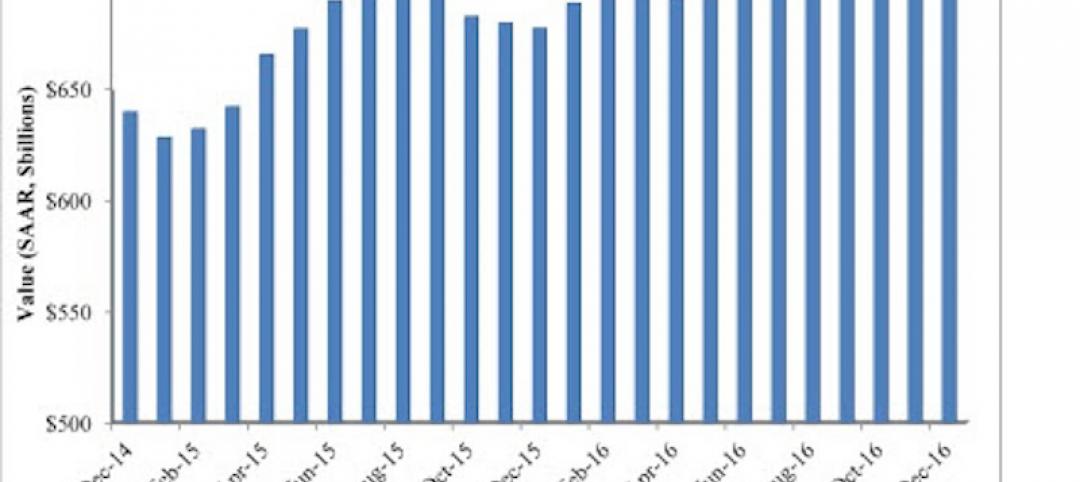Three-fourths of all metro areas added construction jobs between July 2020 and last month, according to an analysis by the Associated General Contractors of America of government employment data released today. Association officials noted that while many metro areas have added jobs since last summer, construction employment still lags pre-pandemic levels in many areas as the industry faces a host of challenges.
“The rapid spread of the delta variant of coronavirus, along with soaring materials costs and multiple supply-chain difficulties, appears to be causing some project owners to delay starting construction,” said Ken Simonson, the association’s chief economist. “However, the virus flare-up threatens further job gains, particularly because construction workers have a lower vaccination rate and thus a higher risk of becoming ill than other occupations.”
Construction employment increased in 268 out of 358 metro areas over the last 12 months. Seattle-Bellevue-Everett, Wash. added the most construction jobs (10,200 jobs, 10%), followed by Sacramento--Roseville--Arden-
Construction employment declined from a year earlier in 54 metros and held steady in 36. Houston-The Woodlands-Sugar Land, Texas lost the most jobs: 7,000 or 3%, followed by New York City (-6,300 jobs, -4%); Miami-Miami Beach-Kendall, Fla. (-3,500 jobs, -7%); Nassau County-Suffolk County, N.Y. (-2,400 jobs, -3%) and Calvert-Charles-Prince George’s, Md. (-2,400 jobs, -7%). The largest percentage declines, 11%, were in Atlantic City-Hammonton, N.J. (-600 jobs) and Evansville, Ind.-Ky. (-1,100 jobs), followed by 9% decreases in Tuscaloosa, Ala. (-600 jobs) and Victoria, Texas (-300 jobs).
Association officials urged federal officials to take steps to address supply-chain woes and boost demand for many types of construction services. They continued to call for the removal of tariffs on a host of critical construction materials, including steel and aluminum. And they urged the House of Representatives to quickly pass bipartisan infrastructure legislation that would give a needed boost to construction demand at a time when many private sector owners are rethinking projects amid rising prices and the spiking coronavirus cases.
“Washington officials have the ability to help offset soaring materials prices and boost flagging demand for commercial construction,” said Stephen E. Sandherr, the association’s chief executive officer. “The president should put an immediate end to tariffs that are needlessly inflating the cost of key materials and members of the House should rapidly approve the bipartisan infrastructure bill.”
Related Stories
Market Data | Mar 29, 2017
Contractor confidence ends 2016 down but still in positive territory
Although all three diffusion indices in the survey fell by more than five points they remain well above the threshold of 50, which signals that construction activity will continue to be one of the few significant drivers of economic growth.
Market Data | Mar 24, 2017
These are the most and least innovative states for 2017
Connecticut, Virginia, and Maryland are all in the top 10 most innovative states, but none of them were able to claim the number one spot.
Market Data | Mar 22, 2017
After a strong year, construction industry anxious about Washington’s proposed policy shifts
Impacts on labor and materials costs at issue, according to latest JLL report.
Market Data | Mar 22, 2017
Architecture Billings Index rebounds into positive territory
Business conditions projected to solidify moving into the spring and summer.
Market Data | Mar 15, 2017
ABC's Construction Backlog Indicator fell to end 2016
Contractors in each segment surveyed all saw lower backlog during the fourth quarter, with firms in the heavy industrial segment experiencing the largest drop.
Market Data | Feb 28, 2017
Leopardo’s 2017 Construction Economics Report shows year-over-year construction spending increase of 4.2%
The pace of growth was slower than in 2015, however.
Market Data | Feb 23, 2017
Entering 2017, architecture billings slip modestly
Despite minor slowdown in overall billings, commercial/ industrial and institutional sectors post strongest gains in over 12 months.
Market Data | Feb 16, 2017
How does your hospital stack up? Grumman/Butkus Associates 2016 Hospital Benchmarking Survey
Report examines electricity, fossil fuel, water/sewer, and carbon footprint.
Market Data | Feb 1, 2017
Nonresidential spending falters slightly to end 2016
Nonresidential spending decreased from $713.1 billion in November to $708.2 billion in December.
Market Data | Jan 31, 2017
AIA foresees nonres building spending increasing, but at a slower pace than in 2016
Expects another double-digit growth year for office construction, but a more modest uptick for health-related building.


